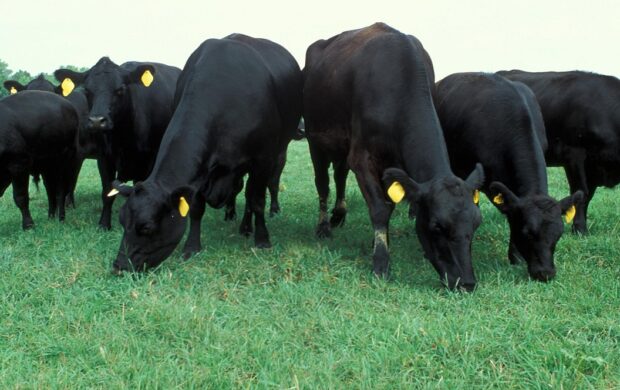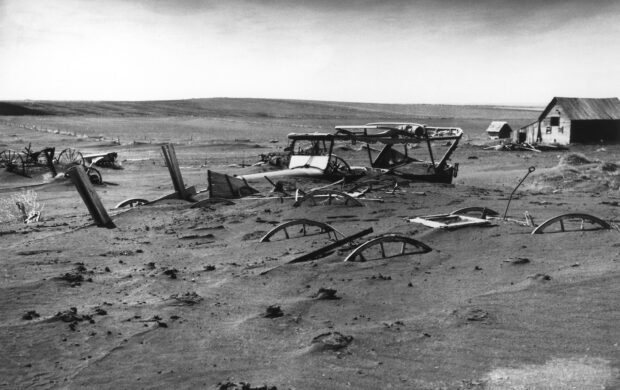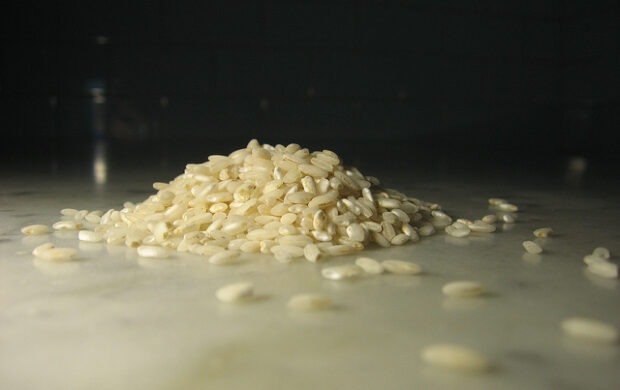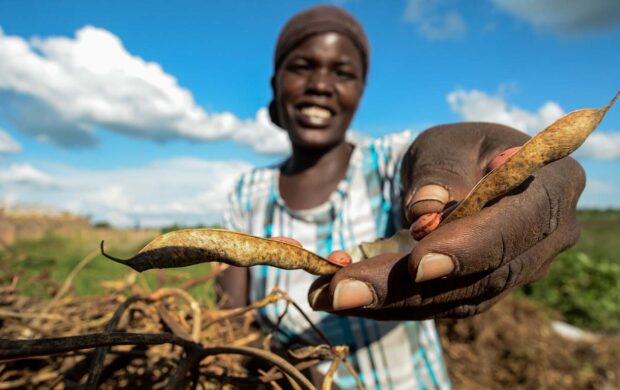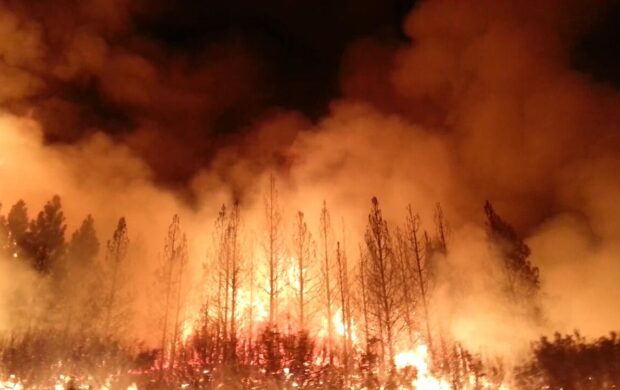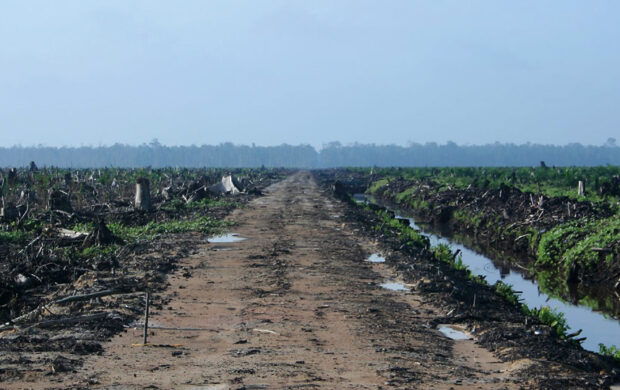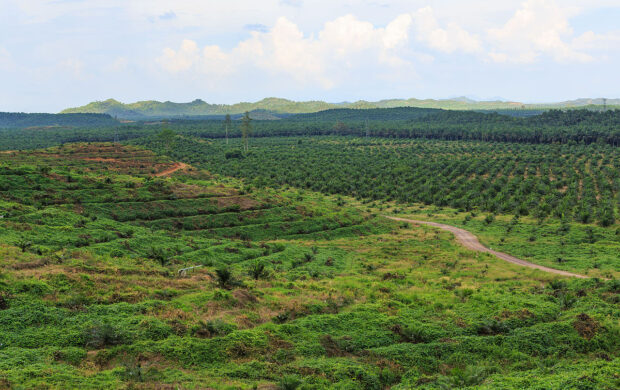Drought and increasingly erratic weather patterns are forcing Guatemalans to abandon their homes and farms. Both small and large-scale farms are struggling to maintain productivity and economic viability, resulting in food shortages and loss of jobs. This means that other non-agriculturally employed Guatemalans are forced to relocate as well. Research led by the UN World Food Program, paired with statistics from Customs and Border Control agencies in the region “suggest a clear relation between climate variability, food insecurity, and migration…” Guatemala, much of which lies in Central America’s arid corridor, is consistently ranked in the top ten nations most vulnerable to climate change. According to the Global Internal Displacement Database, during the last ten years, an annual average of 24 million people were displaced by weather events around the world, and experts predict these figures to rise.

